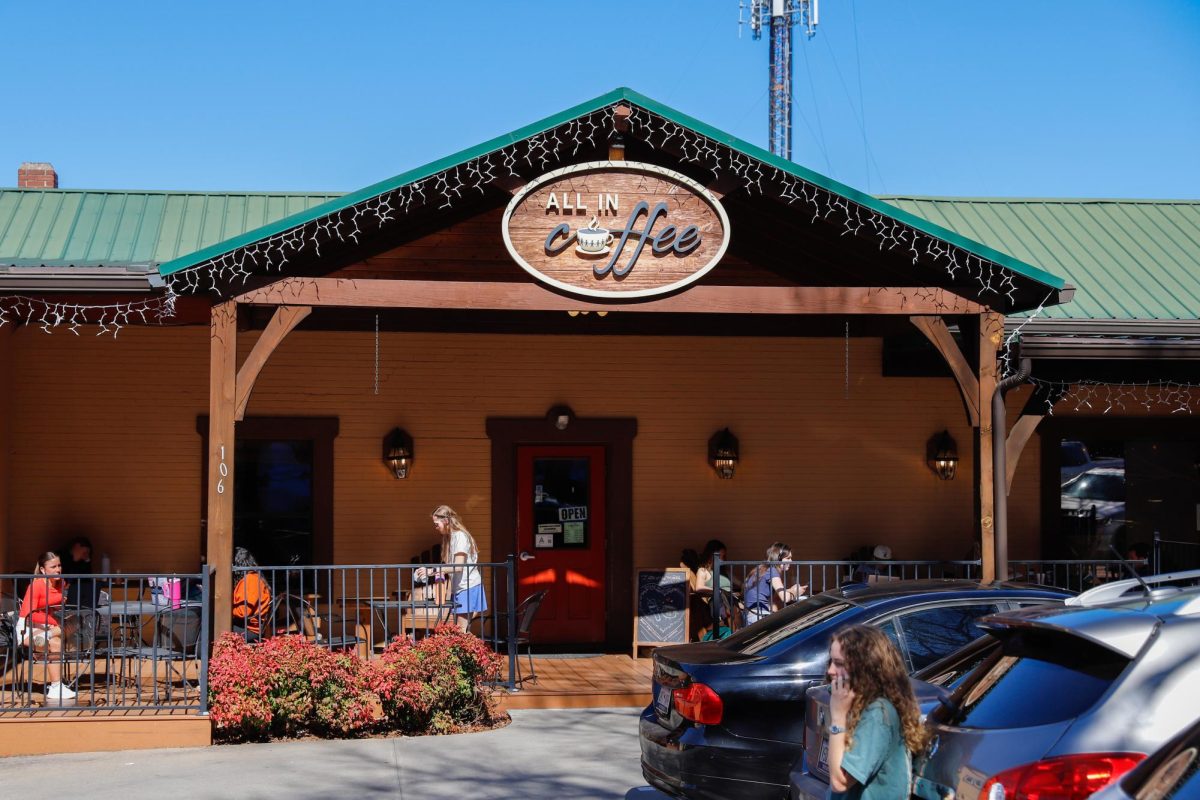South Carolina Botanical Garden Spring Plant Sales coming up
The South Carolina Botanical Garden is holding their Spring Plant Sales this week on April 13, 14 and 28.
The sales will occur between 2 to 6 p.m. on Friday, and 9 a.m. to 1 p.m. on the other days. The event will be held in the nursery section of the Botanical Gardens, 154 Lacecap Loop.
The selection of plants this year includes a large amount of edible plants in addition to various species from the Chihuahuan Desert. A majority of the plant material is produced in the nursery and many selections are propagated from the Botanical Garden’s own plant collection.
Botanical Garden staff members, Master Gardeners and Clemson horticulture faculty will be on hand to assist with the selection of plants for use in home landscapes. Additionally, Friends of the Garden memberships will be available at the gate for non-members who want to shop April 13.
Plant sales are major fundraising events for the South Carolina Botanical Garden. All profits support operations and enhancements in the Garden.
To learn more, click here.
Clemson announces Poa annua grass-control field day
Clemson will have Poa Control Field Day on April 17 from 8:30 a.m. to 11 a.m. at Wild Dunes Resort on Isle of Palms.
Poa, or Poa annua, is a cool-season grass. It is also commonly known as bluegrass.
No pre-registration will be required. The field day will begin with registration at 8:30 a.m. It is free to the public. Lunch at the clubhouse or playing golf will have a fee.
Participants will learn about Poa annua control in overseeded and non-overseeded bermudagrass followed by a question and answer session.
To learn more, click here.
Clemson symposium to focus on drug abuse and addiction
Clemson University’s public health sciences department will host a symposium on the opioids crisis this week.
The symposium, entitled “Problems & Solutions, Abuse & Addiction,” will be held at 6:45 p.m. in McKissick Theatre in the Hendrix Student Center on Tuesday, April 10. It will feature public health science students and Rich Jones, CEO of Faces and Voices of Recovery (FAVOR) in Greenville, as the keynote speaker.
Jones will discuss various drug addictions and abuses, including opioids.
The Trump Administration recently created a website to collect and show stories about Americans who overcame opioid addiction following Mr. Trump’s outline of a plan to combat the epidemic and The Centers for Disease Control and Prevention release of new numbers on the opioid crisis.
To learn more, click here.
Planting the seeds to close the college opportunity gap
On April 4, Clemson hosted 110 fourth-graders from Greenville’s Legacy Early College Charter School to show them what college life is really like.
The visit was organized by Clemson’s Emerging Scholars, Tiger Alliance and Call Me MISTER in order to get kids excited about going to college.
Students toured the campus, had lunch in CORE and had the opportunity to ask volunteers questions about college life, such as “Do you still see your friends from home or wear USC apparel on campus?”
According to executive director of the Office of College Preparation and Outreach, Amber Lange, the goal is to set a path towards a bright future for the kids, not make them future Tigers.
‘Extreme bacteria’ could be game-changer for organic vegetable production
Organic vegetable specialist Brian Ward has developed a method for producing organic fertilizer that rivals synthetic fertilizers. By using “extreme bacteria”, specifically hyper-ammonia producing bacteria from the stomachs of cattle, the fertilizer produced is rich with ammonium.
By growing the bacteria and using the ammonium released, Ward was able to create a liquid fertilizer. Since it is in a liquid state, it can be used in drip pipes.
Unlike synthetic fertilizer, harmful fossil fuels are not required to produce the organic fertilizer, making it eco-friendly. With the new patent, Ward’s fertilizer has the potential to change the entire field of organic produce.







